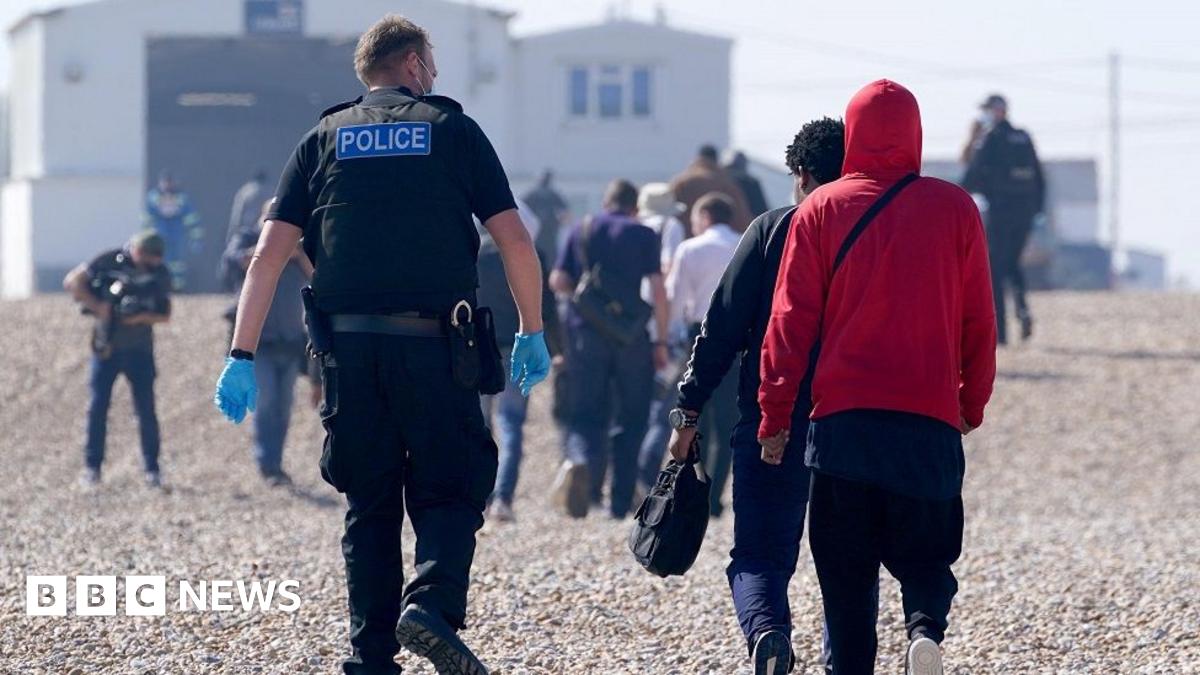The previous Conservative government introduced a plan to examine the bones and teeth of some migrants in order to verify their age.
But Labour ministers are thought to be sceptical about the plan because it relied on people being taken to separate facilities and instead wanted a verification system that could be used at the border.
Mr Bolt’s report noted the safeguarding risk of a child incorrectly assessed to be an adult having to share a room with an adult stranger – as well as an adult incorrectly assessed as a child being placed with other children.
The inspector highlighted the case of a male small boat arrival who claimed they were 17, who the Home Office assessed to be 22 due to physical characteristics such as his “deep voice”, “fully developed facial structure” and “thick black stubble”.
He criticised the Home Office’s use of “generic physical characteristics” and “failing to take into account the young person’s individual circumstances”.
The report also said some migrants were signing “Statement of Age” forms without properly understanding what they were signing after their long and often-arduous journeys. This led to ages later being disputed.
The report also criticised the “lack of curiosity” of immigration officers about age assessment decisions that were later overturned and that no lessons were learnt from overturned decisions.
The government has accepted all eight of the recommendations Mr Bolt made in his report, including on increased training for immigration officers and improving communication.
The chief executive of the Refugee Council, Enver Solomon, said he was “not convinced” that using AI tools was the correct approach.
He said the inspector’s report highlighted concerns about children being put in unsafe situations and said “these technologies continue to raise serious questions about accuracy, ethics and fairness”.
